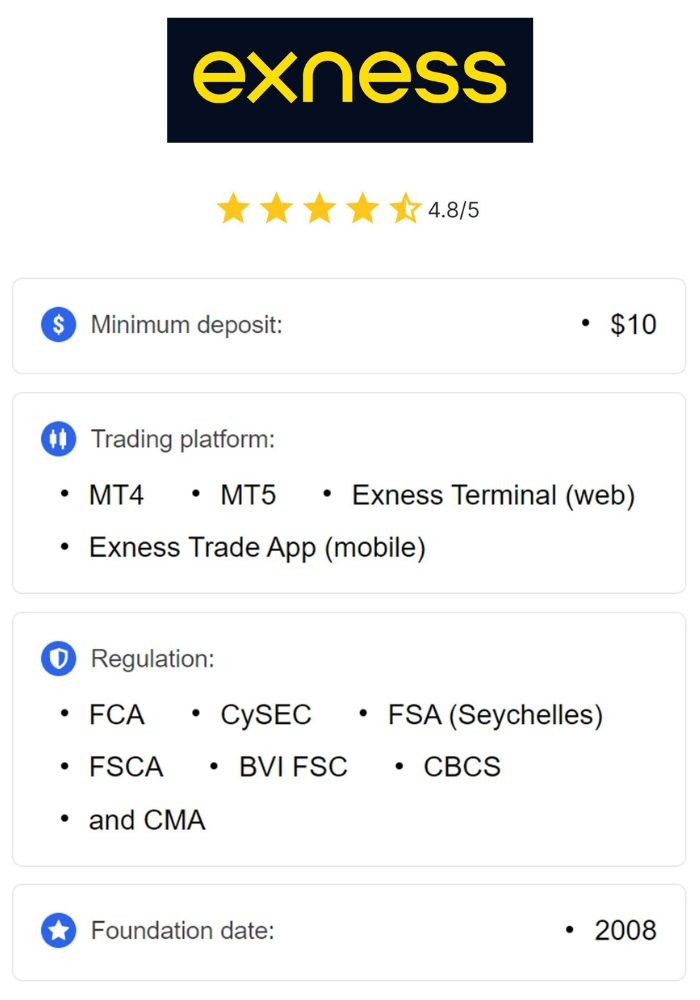Mastering the Exness Scalping Strategy A Comprehensive Guide

Mastering the Exness Scalping Strategy: A Comprehensive Guide
Scalping is one of the most popular trading strategies in the forex market, particularly for traders on platforms such as Exness. The Exness scalping strategy offers unique opportunities for rapid profit generation by leveraging small price movements. In this article, we’ll delve into the fundamentals of scalping in the context of Exness, explore effective techniques, and discuss important considerations. For those interested in trying it out, you can start with a demo account by visiting Exness scalping strategy https://allaboutdraincleaning.ca/cuenta-de-prueba-de-exness-12/.
What is Scalping?
Scalping is a trading strategy that aims to profit from small price changes in a currency pair. Scalpers frequently open and close multiple trades within a single trading session, typically holding positions for a few seconds to a few minutes. This method demands quick decision-making and precise execution of trades.
Why Choose Exness for Scalping?
Exness offers several advantages for scalpers, including:
- Low Spreads: Exness provides competitive spreads, which is crucial for scalpers as they depend on making small profits on each trade.
- High Leverage: With high leverage options, traders can amplify their gains, though it also comes with increased risk.
- Fast Execution: The platform boasts quick trade execution speeds, enabling scalpers to enter and exit the market swiftly.
- Variety of Instruments: Exness offers a wide range of currency pairs and other instruments for scalping.
Key Components of the Exness Scalping Strategy
1. Time Frames
Scalpers primarily focus on lower time frames, such as 1-minute or 5-minute charts. This allows traders to spot short-term trends and make rapid trades based on small price movements.
2. Technical Analysis
Successful scalping requires a solid understanding of technical analysis. Traders often utilize various technical indicators such as:
- Moving Averages: Help identify trends and potential reversal points.
- RSI (Relative Strength Index): Assists in determining overbought or oversold conditions.
- Bollinger Bands: Indicate volatility and potential price breakouts.

3. Trade Management
Effective trade management is crucial in scalping. This includes setting tight stop-loss positions to minimize losses and using take-profit orders to secure gains. Scalpers often aim for a risk-reward ratio of at least 1:2.
Developing Your Scalping Strategy
When developing your Exness scalping strategy, consider the following steps:
1. Define Your Trading Goals
Set clear, achievable goals for your scalping activities. This will guide your strategy and help you remain disciplined.
2. Choose Your Trading Instruments
Select the currency pairs or other instruments you want to focus on. It’s advisable to specialize in a few instruments to develop deeper insights.
3. Backtesting
Test your strategy with historical data to evaluate its potential performance. This step is crucial in identifying areas for improvement.
Understanding the Risks
Like any trading strategy, scalping involves inherent risks. Here are some to be aware of:
- Market Volatility: Sudden changes in market conditions can lead to unexpected losses.
- Emotional Trading: The fast-paced nature of scalping can trigger impulsive decisions, leading to losses.
- Broker Restrictions: Some brokers impose restrictions on scalping, so it’s crucial to be aware of Exness’s terms and conditions regarding this trading style.
Tips for Successful Scalping with Exness
- Stay Informed: Keep up-to-date with market news and events that can impact currency prices.
- Use a Reliable Trading Platform: Ensure that you are comfortable with Exness’s trading interface and functionalities.
- Practice Patience: Not every trade will yield profits, so maintain a disciplined approach to trading.
- Keep a Trading Journal: Document your trades to analyze your performance and identify areas for improvement.
Conclusion
The Exness scalping strategy offers lucrative opportunities for experienced traders willing to invest time and resources into developing their skills. By understanding market dynamics, technical analysis, and trade management, you can cultivate a successful scalping practice. Keep in mind the importance of ongoing education and adaptability in this fast-paced environment to achieve long-term success.

















